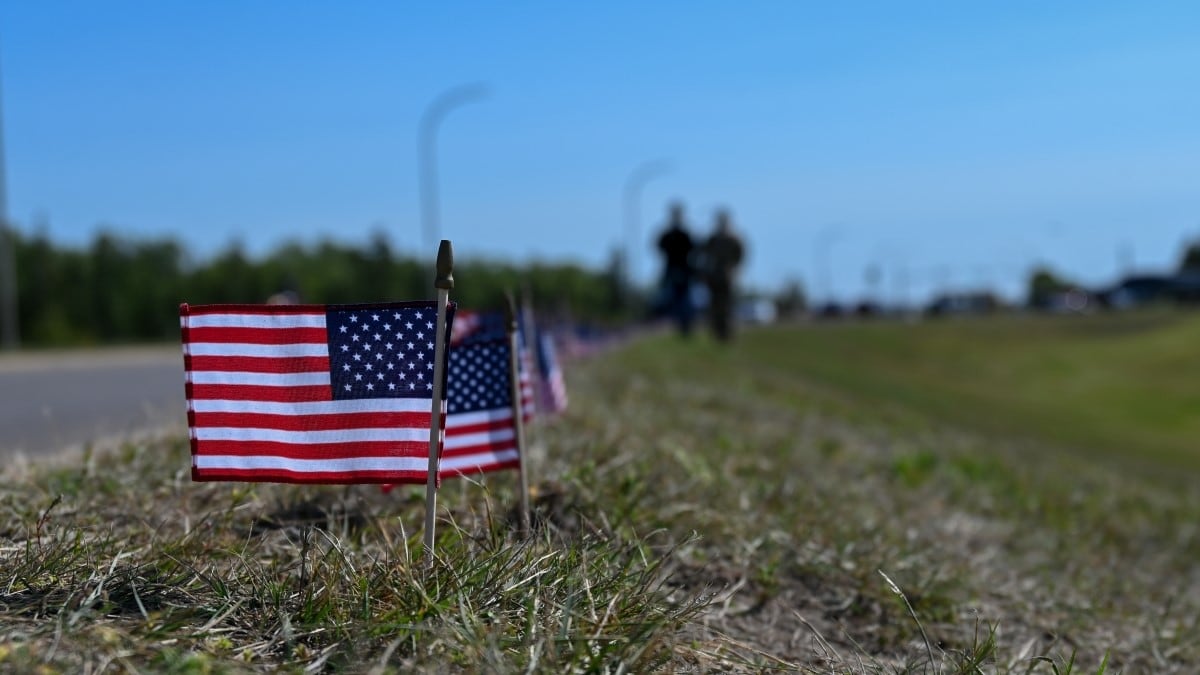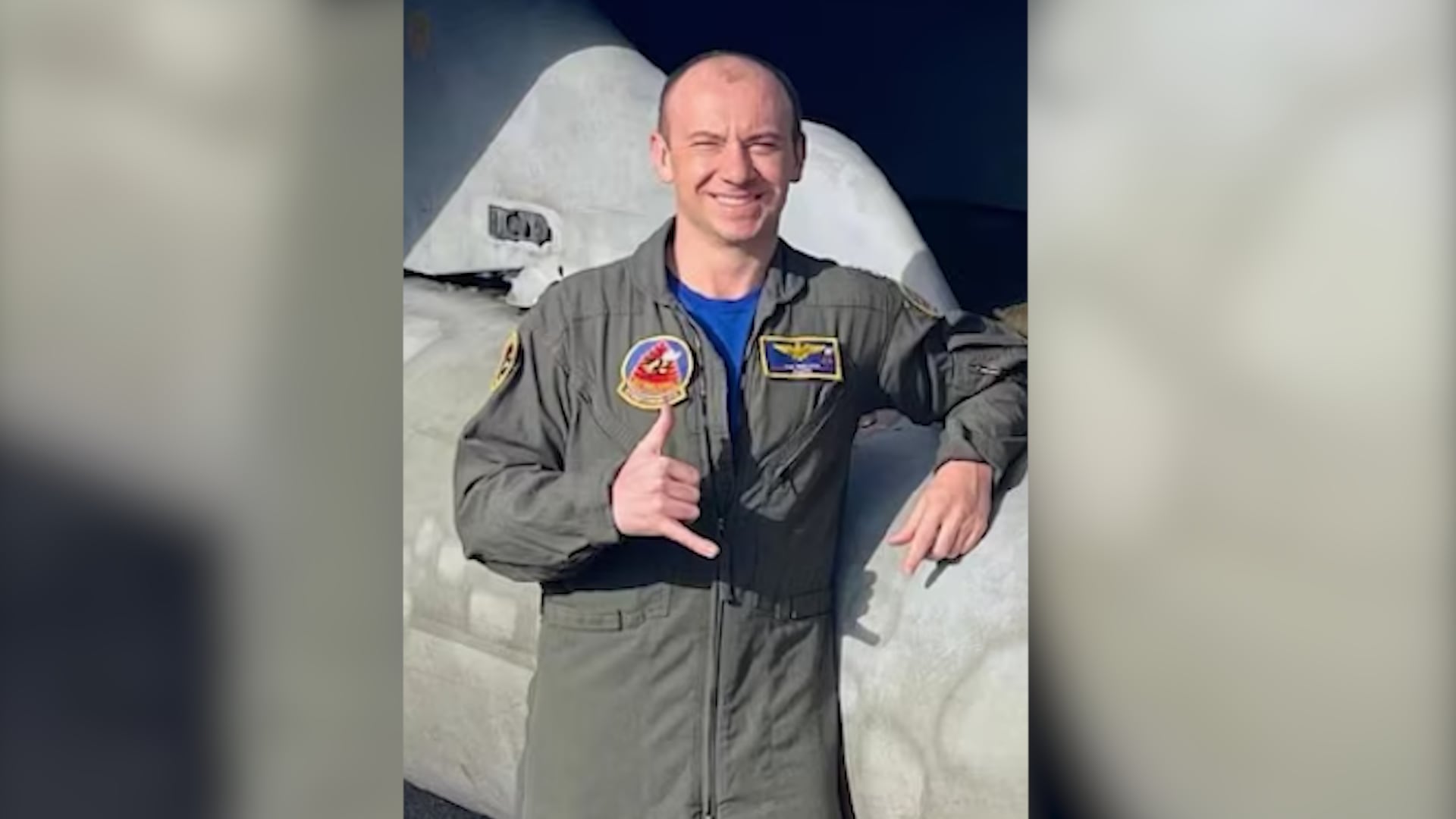Radiologists at the Naval Postgraduate Dental School in Bethesda, Maryland, failed to interpret nearly 2,000 dental scans over seven years, a lapse that resulted in at least one delay in treatment and raised concerns that patients underwent unnecessary biopsies or received inadequate care, according to an internal Navy investigation.
Between 2011 and 2016, a medical radiologist at the school failed to review and report more than 1,300 cone beam computed tomography, or CBCT, scans of patients.
Then, in 2018, another 500 CBCT scans were found unread, resulting in a seven-month surgical delay for a patient, according to an internal Navy investigation.
A CBCT scan is a type of medical imagery that provides a more detailed view of the face and jaw than conventional dental x-rays. They are used to pinpoint the locations of illnesses, tumors or infections and can detect serious diseases of the mouth, sinus cavities, jawbone and nasal passages.
Under Navy policy, the scans, usually requested by a dentist, oral surgeon or physician, are to be reviewed by an oral maxillofacial radiologist or medical radiologist — a second set of eyes interpreting the images in addition to the dentist or oral surgeon’s review.
In 2016, a pathologist at the school, Dr. Laura Ike, sought a CBCT report for a patient who had undergone a biopsy at the facility. After looking into the computer files, Ike, who also is a dentist, discovered that one had not been filed. When she looked to see whether that report was an anomaly, she found that more than 1,300 CBCT scans did not have accompanying reports.
Ike informed her department head of the problem and filed a patient safety report about it, concerned that the patient had not received adequate care. A Navy investigation launched as a result of the complaint found a staffing shortage, poor quality control and technological problems contributed to the backlog, but that the patient’s outcome was not affected.
But then it happened again. And among the 500 reports that went unread between April 2018 to October 2018 was a patient whose initial scan showed an anomaly requiring surgery. That patient received a CBCT scan in October and wasn’t notified about a suspicious lump in her jaw for six months.
“A lot of stuff can show up [in a CBCT scan] that a regular dentist isn’t trained to pick up on a CBCT scan, which is why a radiologist is supposed to review it and report it,” said Ike, who left the Navy earlier this year. As a result of the backlogs, “I think there’s a huge pool of patients that either had surgery they didn’t need or didn’t have surgery in a timely manner.”
According to a copy of the investigation obtained by Ike through the Freedom of Information Act, the Naval Postgraduate Dental School assigned the task of reading CBCT scans to a staff member, an oral maxillofacial radiologist who subsequently was diagnosed with an illness in 2012 and began working shorter hours and telecommuting.
Other dentists agreed to help out in their spare time during their colleague’s absence, and the school asked another to read them remotely, but the arrangement never worked out, as technology issues prevented full images from being delivered electronically.
And so, the backlog grew. In 2015, another provider checked in to Navy Postgraduate Dental School and was assigned the job of reviewing the scans. But he didn’t receive certification for the task until 2016, about the same time Ike discovered the backlog.
The Naval Postgraduate Dental School serves active-duty personnel, but as a teaching facility it also sees retirees, family members and veterans with complex dental conditions.
Ike told Military Times that the patient for whom she requested a report had a tumor in his jaw that was dark but visible in a 2014 CBCT that was never reviewed by a medical radiologist. The patient was treated for several years with braces, implants and other care to save his teeth.
Following a second CBCT, the patient had extensive surgery, during which four teeth were removed — teeth Ike said might have been saved if an expert had read the first CBCT scan.
In the investigation, the Navy addressed the second CBCT scan, saying it was ordered only to assist in planning surgery and the tumor had not appreciably changed in size throughout treatment, nor would the outcomes had been different if his CBCT scan was reviewed.
Ike said she believes up to 100 patients may have received biopsies they didn’t need as a result of the failures and 50 may have received inadequate or incomplete treatment.
The Navy insists that only one patient — a woman who received a CBCT in 2018 that wasn’t read until the second backlog was discovered — had delayed treatment as a result.
Still, the dentist hired to help clear the initial backlog told investigators there were “hundreds of lesions that increase in size due to delay in reporting.” When asked to provide names, he produced at least three patients but said he did not file any patient safety reports because he felt “they were futile and ineffective and felt the system had failed” them.
Ike provided school leadership with a file containing the 1,300-plus names of patients whose scans went unread and requested that they be notified. But according to the investigation, the file was destroyed out of privacy concerns. And after the backlog was cleared, each file was marked as approved, making it “impossible to recreate the original list of 1,300 patients.”
The Navy did not respond to a Nov. 19 request from Military Times for an interview about the investigation. A Navy Bureau of Medicine spokesman provided a statement to Military Times on Monday, after the Wall Street Journal published a story on the backlog Saturday.
In the statement, Navy officials pointed out that the Navy policy that CBCT scans be read by a radiologist is above the civilian standard of care, which only requires the requesting dentist to look at them.
The CBCT scans in question, spokesman Ed Gulick said, eventually were “properly reviewed and the backlog cleared with the conclusion that there was no harm to patients,” with the exception of the second backlog, which contained the delay in care for one patient.
Gulick said the recommendations made in the investigation, which included more oversight, improved policies and faster credentialing, are being implemented.
“Navy Medicine honors the trust placed in our hands to provide the best care our nation can offer to those who defend our freedoms — and their families. We welcome constructive feedback and leverage the principles of high reliability and process improvement to make our contributions to those we care for more effective,” Gulick said.
Ike, who left the Navy in April says the service has “swept this under the rug” and added that she faced retaliation after filing a complaint about another issue at a follow-on duty station. She said she doubts anything will change at the Naval Postgraduate Dental School, even after the publicity surrounding the problem.
“Just look at it. There were 500 more [unread scans],” Ike told Military Times. “It’s the same players. They were not held accountable. They got away with it a second time … I think everyone wants to protect the leadership, themselves and their jobs.”
Patricia Kime is a senior writer covering military and veterans health care, medicine and personnel issues.




